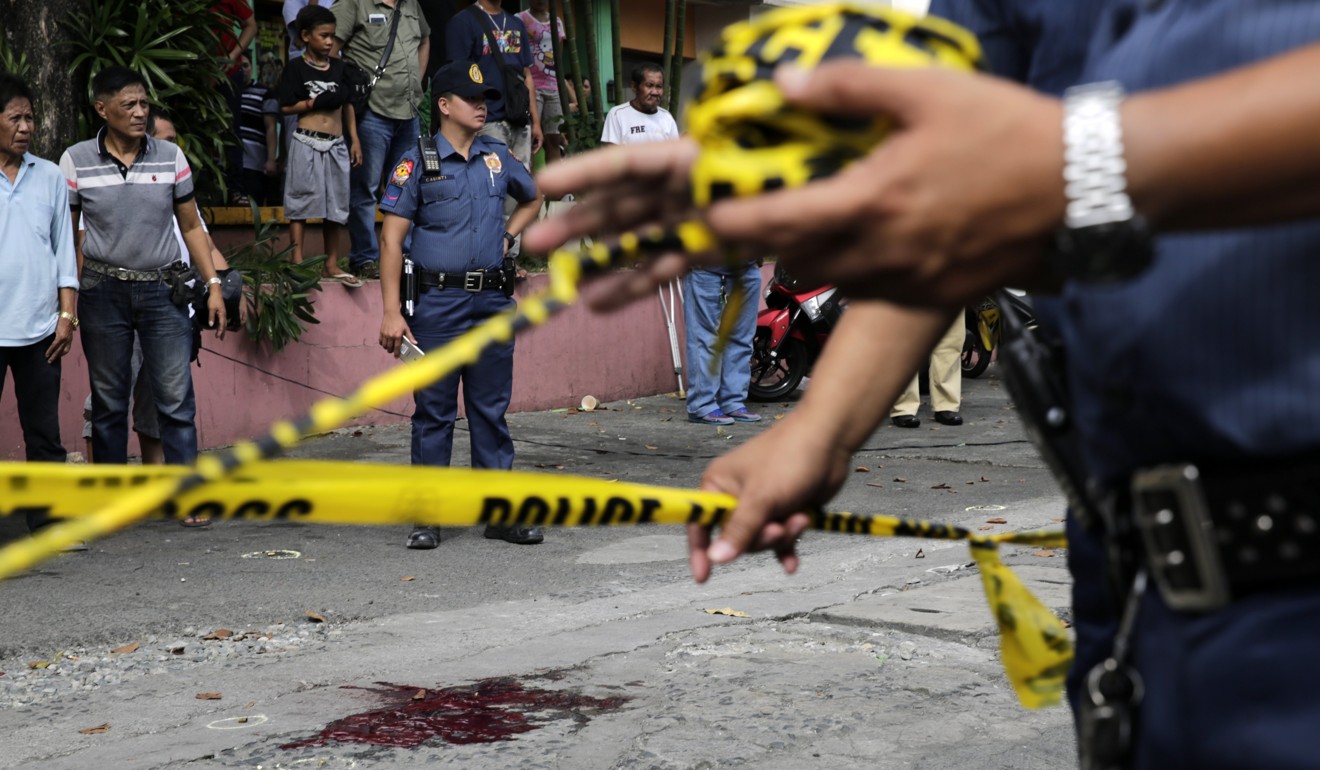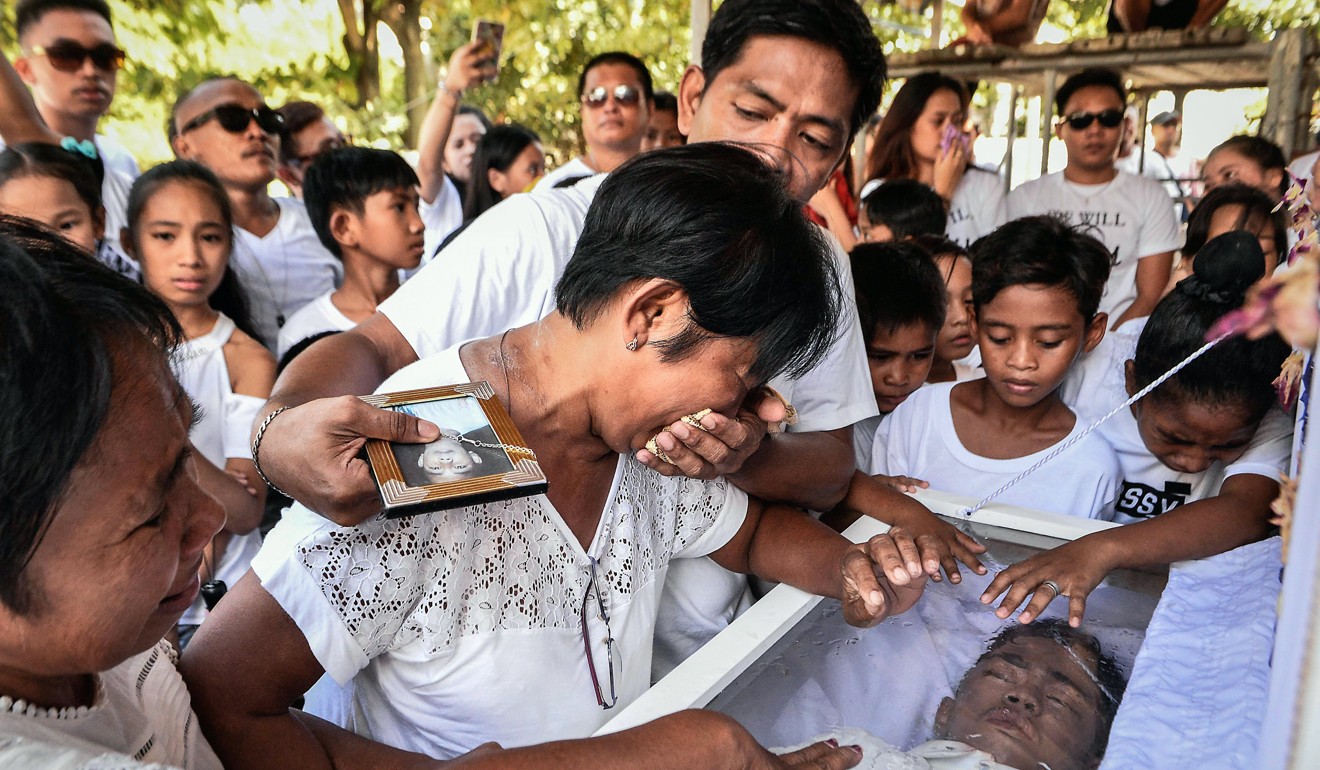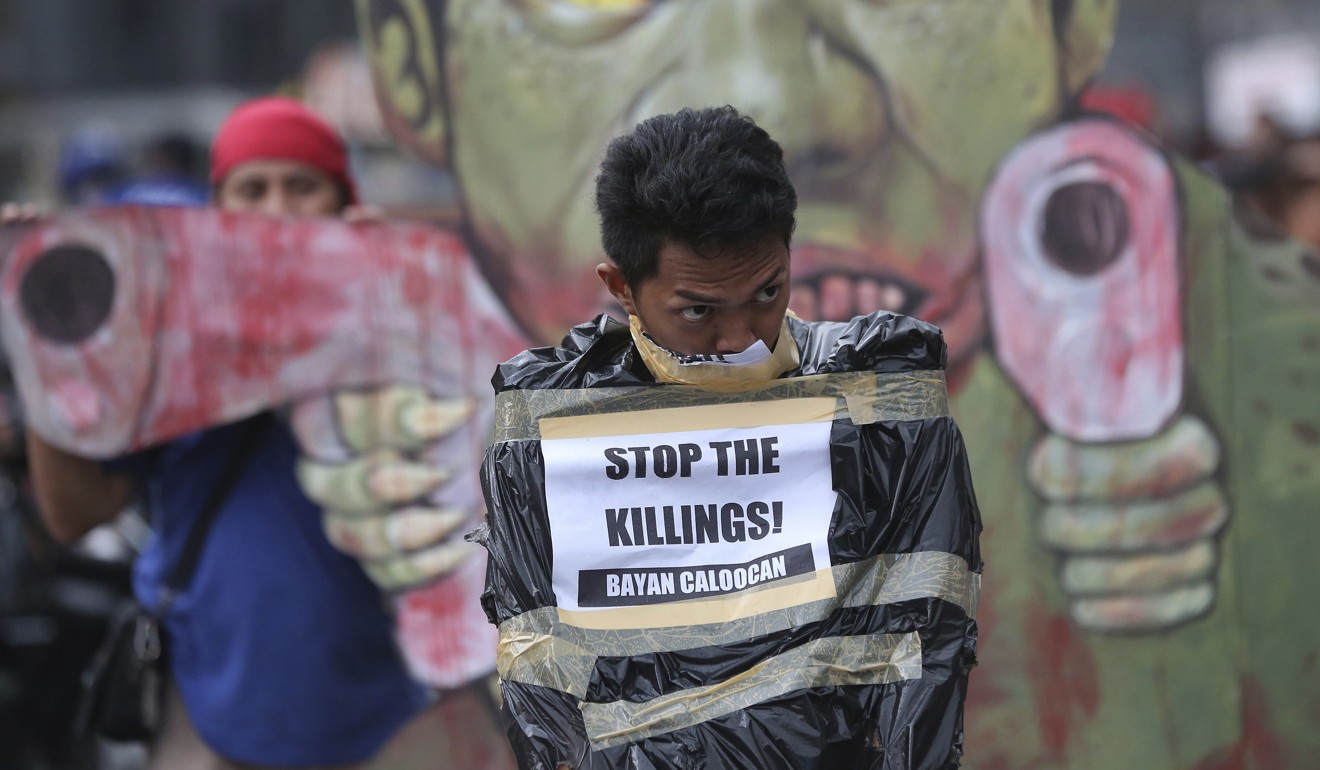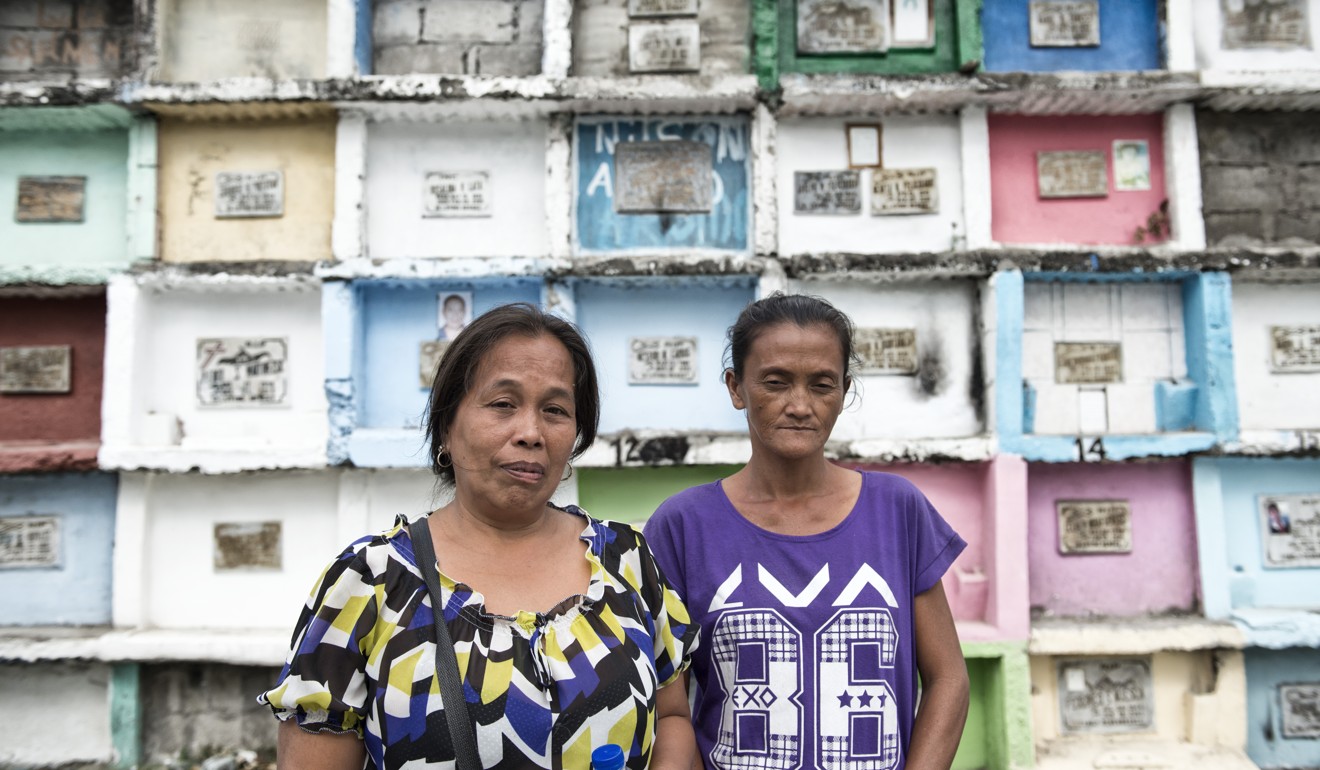
Philippines hails US rights remarks, denies state-backed murders
Philippine officials on Wednesday welcomed comments by a US official noting what he described as its improving human rights record in the drugs war, but they denied Manila abetted the extrajudicial killing of suspects.
James A. Walsh, a senior US State Department drug official, said on Tuesday he was “cautiously optimistic” the rights record was improving, even though President Rodrigo Duterte is pressing on with a war on drugs in which law enforcers have killed nearly 4,000 suspects.
Foreign rights monitors have described the crackdown as a possible crime against humanity.
“Many folks have been tracking the EJKs (extrajudicial killings) in the Philippines and the trends are going down so there is some encouragement that we are seeing in some of our human rights training working,” Walsh told reporters.
“I would describe the United States as being cautiously optimistic in the trends when it comes to a good … appropriate way for a drug campaign,” added the deputy assistant secretary for international narcotics and law enforcement.


Walsh’s remarks “hint of a growing appreciation of the positive impact of the administration’s anti-illegal drug campaign”, Duterte spokesman Harry Roque said in a statement.
He also said there had been no illegal killings of drug suspects, a position repeated by Press Secretary Martin Andanar.
“While we welcome US State Department senior official James Walsh ‘cautiously optimistic’ view of President Duterte’s successful anti-illegal drugs campaign, we maintain that there are no EJKs under the Duterte administration,” Andanar said in a statement.
However human rights group Amnesty International warned that people should stay vigilant and keep pressing for an investigation into rights abuses.
“Since President Duterte came to power, police have unlawfully killed thousands of people, the vast majority of them from poor and marginalised communities, in attacks so extensive and brutal they may well amount to crimes against humanity,” it said in a statement.


“To date, police have been allowed to operate in a culture of almost total impunity,” Amnesty added.
It repeated calls for independent investigations into each death, “and all perpetrators, including those in positions of command, must be held to account”.
The government has said almost 4,000 “drug personalities” have been killed by law enforcers since Duterte took office in mid-2016, but says officers shot the suspects in self-defence.
Human rights groups charge that thousands more have been murdered by shadowy vigilantes.
The anti-drugs campaign enjoys popular support while the fiery-tongued Duterte has rejected any criticism of his human rights record.
Previous US criticism frayed Manila’s ties with Washington under former president Barack Obama.
New US leader Donald Trump has been noticeably less critical and US-Philippine ties have since improved.

.png?itok=arIb17P0)